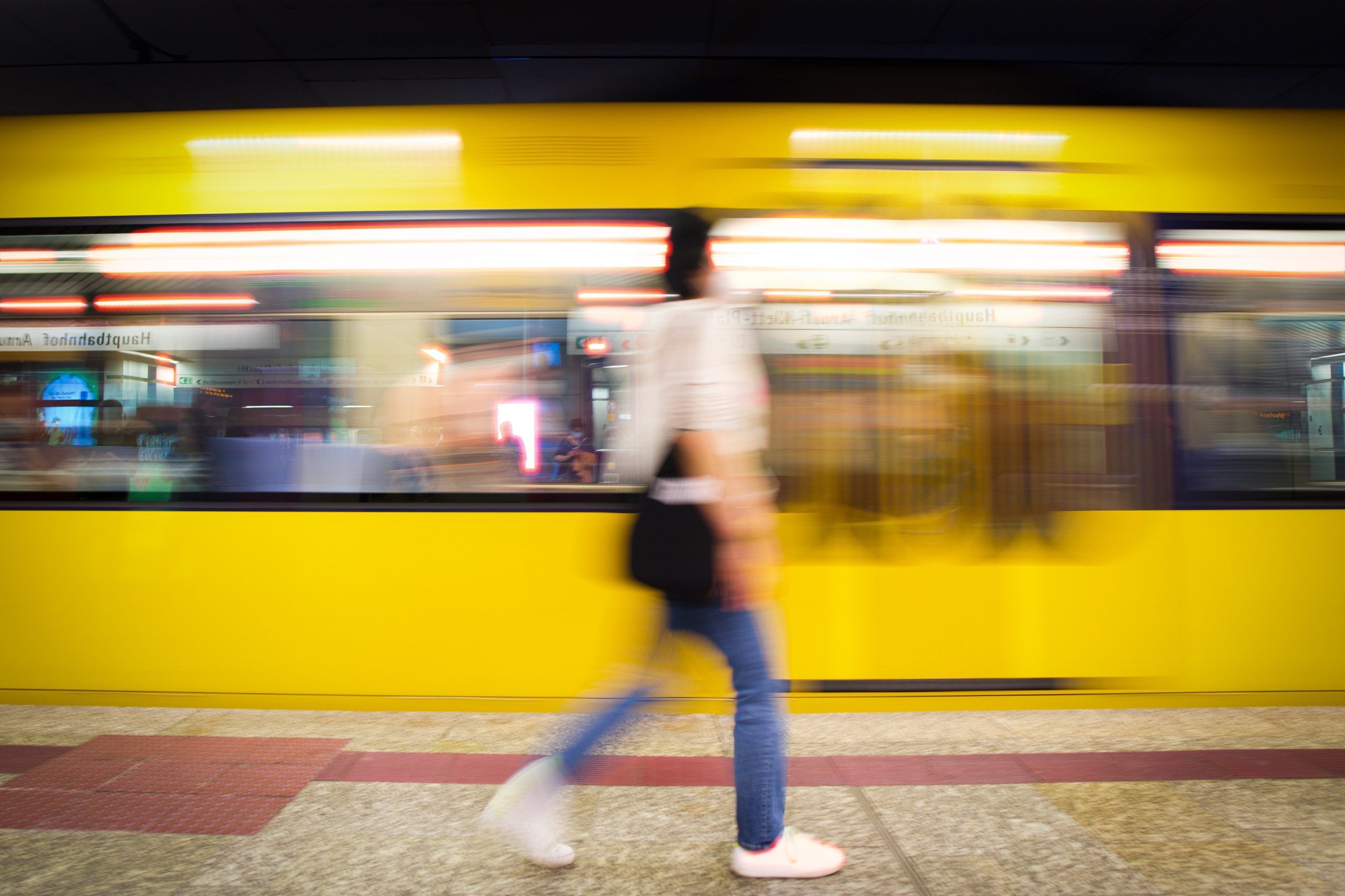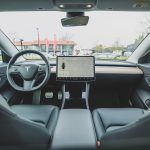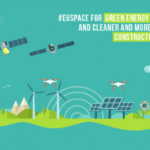The benefits of space services and data for sustainability and smart mobility are currently under the spotlight as the Union is investing more on its EU Space Programme for the definition of its green and digital policies.
Here are 5 ways the EU Space Programme is positively impacting sustainable mobility:
1. Streamlining urban traffic
Transport is one of the main sources of air pollution, which is known to have direct effect on mortality as well as respiratory and cardiovascular diseases. The use of satellite navigation systems such as Galileo in vehicles can reduce journey times by more than 10%, and thus contribute to reducing emissions of harmful and polluting substances. Copernicus services can support emissions monitoring by validating the measurements from existing sensors and providing data from areas not covered otherwise.
2. Contributing to Intelligent Transport Systems (ITS)
ITS systems rely on positioning data, which has now become much more precise thanks to Galileo services. With the help of the EU’s GNSS, advanced implementation of Intelligent Transport System (ITS) is now becoming a reality for transport and mobility companies. The city of Madrid was among the first to integrate Galileo’s enhanced positioning services into its Transport System to improve public transport services in the Spanish capital. EU Space technology is becoming fundamental for the development of smart mobility solutions targeting the EU Green Deal.
3. Mobility infrastructure monitoring
Copernicus offers a broad range of products and services based on satellite optical data. Lidar images, can for instance, help urban planning authorities to identify changes in the terrain such as land subsidence or vegetation that could encroach rail tracks or power grids supplying the city with electricity. The combination of imagery from Copernicus with the very accurate positioning provided by Galileo allows for the monitoring of critical infrastructures tunnels, motorways and bridges.
4. Easing the flow of goods between EU cities during COVID-19
Developed by EUSPA in collaboration with the European Commission, the Galileo Green Lane app is a key tool in the EU’s COVID-19 pandemic response. By easing traffic flow through the EU’s borders, the app is helping to support a fundamental EU principle – the free movement of goods and freight in the internal market.
5. Faster emergency response on the road
As of April 2018, all new car models in the European Union are equipped with eCall technology. In the event of a serious accident, eCall automatically dials 112 – Europe’s single emergency number – to provide faster assistance. Leveraging Galileo, the system sends the accurate position of the crashed vehicle and the direction of travel to the emergency services, enabling the emergency responders to get to the accident site faster. By speeding up emergency response times by 40% in urban areas and 50% in the countryside, it is estimated that eCall could help prevent 2,500 road deaths and save EUR 26 billion every year.
Towns and cities worldwide are invited to participate in the EUROPEANMOBILITYWEEK, which takes place 16-22 September each year, check out the interactive map to see if your city is taking part.







Leave a Reply